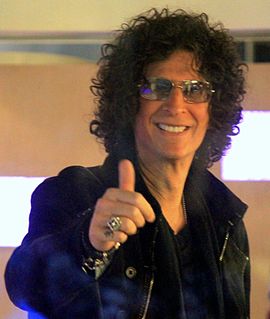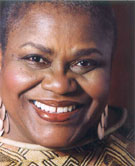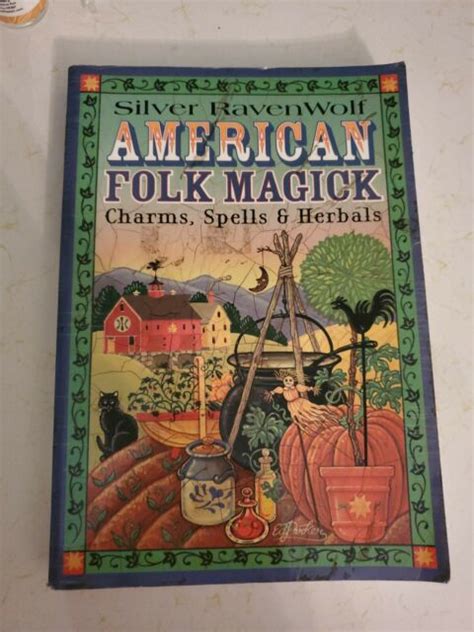A Quote by John Dewey
Religions have been universal in the sense that all the people we know anything about have had a religion. But the differences among them are so great and so shocking that any common element that can be extracted is meaningless.... The older apologists for Christianity seem to have been better advised than some modern ones in condemning every religion but one as an impostor, as at bottom some kind of demon worship or at any rate a superstitious figment.
Related Quotes
Yet Buddhism is four hundred years older than Christianity, and if it's not a universal religion I don't know what a universal religion is. There's also a strong focus on selectionism and the notion that religion plays a functional role in the evolutionary process. But religion is dysfunctional all the time, as well as functional. It's not so simple.
The incipient magician will confess his faith to a universal religion. He will find out that every religion has good points as well as bad ones. He will therefore keep the best of it for himself and ignore the weak points, which does not necessarily mean that he must profess a religion, but he shall express awe to each for of worship, for each religion has its proper principle of God, whether the point in question be Christianity, Buddhism, Islam or any other kind of religion.
I don't think any religion makes any sense and I think people who are into that are really getting duped, and I don't think Judaism makes any more sense than Christianity, and I don't think Christianity makes any more sense than Scientology. But here's a guy, L. Ron Hubbard, who told all his friends, 'Look, I'm gonna start a religion, 'cause I can't make any money as a science fiction writer.' I mean, he admitted that publicly! At least with Jesus Christ, you can't go talk to the guy.
RELIGION is one's opinion and belief in some ethical truth. To be a Christian is to have the religion of Christ, and so to be a believer of Mohammed is to be a Mohammedan but there are so many religions that every man seems to be a religion unto himself. No two persons think alike, even if they outwardly profess the same faith, so we have as many religions in Christianity as we have believers.
Christians have always tended to transform the Christian Revelation into a Christian religion. Christianity is said to be a religion like any other or, conversely, some Christians try to show that it is a better religion than the others. People attempt to take possession of God. Theology claims to explain everything, including the being of God. People tend to transform Christianity into a religion because the Christian faith obviously places people in an extremely uncomfortable position that of freedom guided only by love and all in the context of God's radical demand that we be holy.
People think that they have no right to judge a fact - all they have to do is to accept it. Thus from the moment that technics, the State, or production, are facts, we must worship them as facts, and we must try to adapt ourselves to them. This is the very heart of modern religion, the religion of the established fact, the religion on which depend the lesser religions of the dollar, race, or the proletariat, which are only expressions of the great modern divinity, the Moloch of fact.
Angels appear to transcend all cultures, races, and systems. They are a part of human history and civilization, sometimes at the forefront, other times in the shadows, but they are always there. They don't belong to any one particular religion, although many modern people try to associate them with Christianity, Judaism, and Islam. No one religion holds total responsibility for the belief in angels. In truth, these religions only support the existence of angels, they didn't create them.
You find this curious fact, that the more intense has been the religion of any period and more profound has been the dogmatic belief, the greater has been the cruelty and the worse has been the state of affairs. In the so called age of faith, when men really did believe the Christian religion in all its completeness, there was the Inquisition, with its tortures; there were millions of unfortunate women burnt as witches; and there was every kind of cruelty practised upon all sorts of people in the name of religion.
One cannot declare that only his faith is correct and all other faiths are not. God is endlessly multi-dimensional so every religion that exists on earth represents some face, some side of God. One must not have any negative attitude to any religion but nonetheless the depth of understanding God and the depth of applying God's commandments is different in different religions.
I think there in a great deal to be said for religious education in the sense of teaching about religion and biblical literacy. Both those things, by the way, I suspect will prepare a child to give up religion. If you are taught comparative religion, you are more likely to realise that there are other religions than the one you have been brought up in. And if you are if you are taught to read the bible, I can think of almost nothing more calculated to turn you off religion.
You see, it's been our misfortune to have the wrong religion. Why didn't we have the religion of the Japanese, who regard sacrifice for the Fatherland as the highest good? The Mohammedan religion [Islam] too would have been more compatible to us than Christianity. Why did it have to be Christianity with its meekness and flabbiness?







































